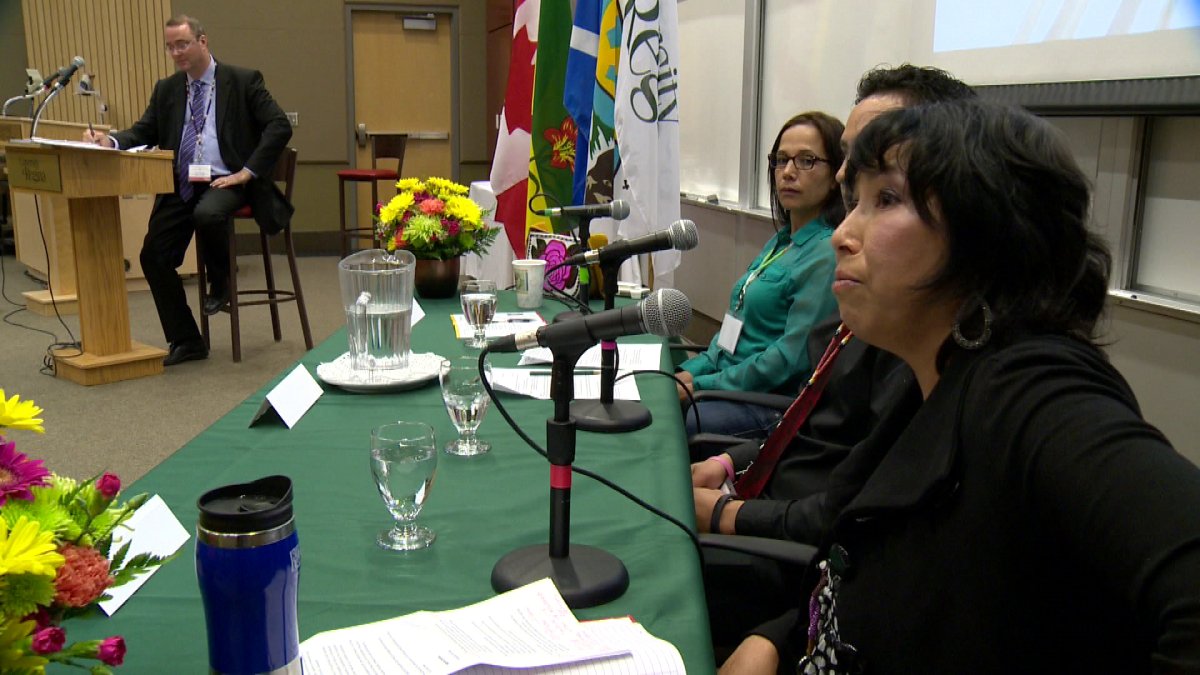REGINA – Cadmus Delorme is the guy everybody knows. The business graduate with 3000 Facebook friends has big goals.

“I wanted to own a Cadillac Escalade. I wanted to buy my family a nice, big house and the only way I could do that was with education,” he said.
However, his first year didn’t start off very well.
“There was too much of a culture shock and I missed my family. I missed my reserve. I wasn’t there to study because I had too many other things on my mind and i failed all my classes,” Delorme explained.
Friday, Delorme joined speakers from across Canada as a presenter at the Lloyd Barber Summit on Aboriginal Post-Secondary Education at the University of Regina. More than 150 people attended the national summit which wrapped up Friday afternoon with remarks from AFN Chief, Shawn Atleo.
Delorme was part of a panel discussion on what universities need to do to attract Aboriginal students and help them overcome obstacles. They had the ear of the president.
“I wanted to get the opportunity to learn about best practices that are going on across the country; find out what we can learn from each other nationally and implement locally,” said U of R President Vianne Timmons on why she held the conference.
Eleven percent of the U of R student body is self-declared Aboriginal. Timmons wants that number to reach 15 percent in three years – and to see more of those students stay in school. Currently, the retention rate at the First Nations University of Canada is only 42 percent from first year to second.
- Life in the forest: How Stanley Park’s longest resident survived a changing landscape
- ‘They knew’: Victims of sexual abuse by Ontario youth leader sue Anglican Church
- Carbon rebate labelling in bank deposits fuelling confusion, minister says
- Buzz kill? Gen Z less interested in coffee than older Canadians, survey shows
Some steps are straight forward.
“I’d like you to be able to notice as you walk through the hallways the reference points to language, this treaty area, to the artwork, the poetry, the kind of cultural capital that Metis and First Nations people have to offer,” said education professor, Dr. Shauneen Pete.
She said that’s important for everyone, not just First Nations people.
“Our ceremonial tipi at the First Nations University is my number one classroom because I didn’t grow up that way. My parents were residential school survivors. My grandparents were as well,” adds Delorme.
Despite his initial setbacks, the sweet irony for Delorme was the fact that ultimately, it was the university that connected him to his culture.




Comments